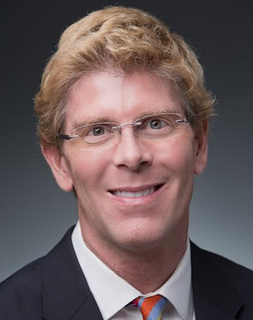The mandate assumes that there is a solid line between
sacred, explicitly religious work in a religious setting, and “secular”
work that takes place everywhere else. This might look like a nice way
to resolve the dilemma: just build a wall between the sacred and the
secular, and exempt the former, but not the latter. Historic Christian
theology, however — whether Protestant or Catholic — has a different
view.
Work, whether explicitly religious or not, is an expression
of our nature as creatures made in the image of God. Work is part of
God’s original blessing and command to our first parents. Adam and Eve
were put in a garden, commanded to “tend and keep it,” and told to have
dominion (that is, be good stewards) over the earth. This original
command to work took place before the fall into sin.
This biblical view of the dignity of work, including manual
labor, is unique among the major threads of western culture. The
ancient Greek and Roman cultures saw labor, particularly manual labor,
as fit for slaves but not for citizens.
Although this theology of work has always been in danger of
being eclipsed, it is firmly anchored in Church history. The motto of
the ancient Benedictine order is “Ora et labora”: pray and work. The
Protestant Reformers Martin Luther and John Calvin emphasized the
“priesthood of all believers” and denied a stark dividing line between
private worship and public work.
The Catholic organization Opus Dei (“the work of God”),
founded in the twentieth century, describes its purpose as helping
“people seek holiness in their work and ordinary activities.” And today,
there are dozens of Christian non-profits, including my own — the
Institute for Faith, Work & Economics (IFWE) — that emphasize the
sacredness of work. According to the broad Christian tradition, then,
church ministry can be a calling, but so too can banking or medicine or
musical performance or coffee roasting or car manufacturing. If God has
called you to a specific task and you pursue it with gusto, then your
work is your spiritual calling.


